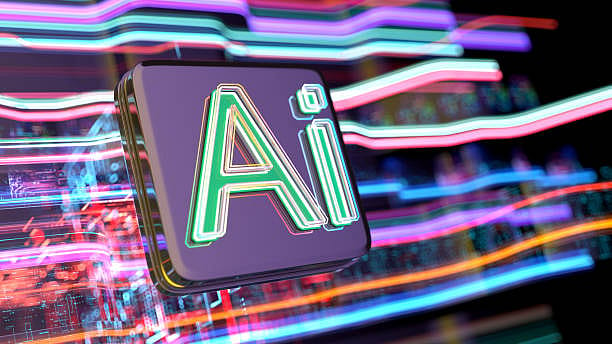India is open to sharing native AI models with the Global South, says MeitY secretary
ADVERTISEMENT

India is positioning itself as a collaborative force in the global AI landscape, with the Ministry of Electronics and Information Technology (MeitY) expressing readiness to share its AI models with countries across the Global South.
At FICCI’s Bhashantara 2025 conference, MeitY secretary S Krishnan highlighted that the move aligns with ongoing discussions with UN officials and reinforces India’s goal of creating inclusive, multilingual AI systems that cater to resource-constrained environments.
“If you can do it in India, you can do it practically anywhere else in the world,” Krishnan added.
The IndiaAI Mission—with an outlay of ₹10,000 crore—is supporting startups such as Sarvam AI, Soket AI, and Gnani AI in developing indigenous LLMs. A key part of this support includes subsidised access to GPUs, enabling cost-effective development and experimentation. The government is also encouraging the creation of language technologies that serve India’s diverse linguistic ecosystem, which is seen as a testbed for globally scalable AI models.
To facilitate this, the mission has created AI Kosh, a national repository of over 400 datasets intended to help researchers and entrepreneurs build multilingual solutions. Complementing this are programmes like Mission Bhashini and Anuvadini, which focus on capturing regional dialects and bridging language gaps at the grassroots level.
India’s strategy extends beyond technology development to include the digitisation of traditional knowledge systems. Initiatives are underway to convert ancient Ayurvedic texts and historical manuscripts into structured datasets, making them accessible for research and innovation in global healthcare and cultural studies.
The country’s approach to AI development is notably participatory, involving academia, industry, and research institutions. Unlike ecosystems driven solely by public or private funding, India encourages shared ownership of progress, positioning itself as an open and pluralistic AI innovator.
Industry leaders at the event also outlined critical actions to strengthen India’s multilingual AI ambitions. These include unlocking archival content from institutions like Prasar Bharati and All India Radio, redefining the “Make in India” vision to emphasise domestic innovation, and fostering better collaboration among research entities to avoid duplication and optimise resource use.
“We are no longer debating the possibility of a multilingual internet. We are mobilising around its urgency, not only in an academic manner, but also in a demographic and development and economic perspective,” said Sandeep Nulkar, Co-Chair of FICCI's Multilingual Internet Committee and Founder of BITS Technologies.
The conference further showcased progress in expanding digital inclusivity. Local language domain names are now available across all of India’s 22 official languages, a move seen as vital to democratising internet access for non-English speakers. With 6 billion people worldwide not using English as their primary language, India’s multilingual capabilities open significant economic and developmental opportunities.